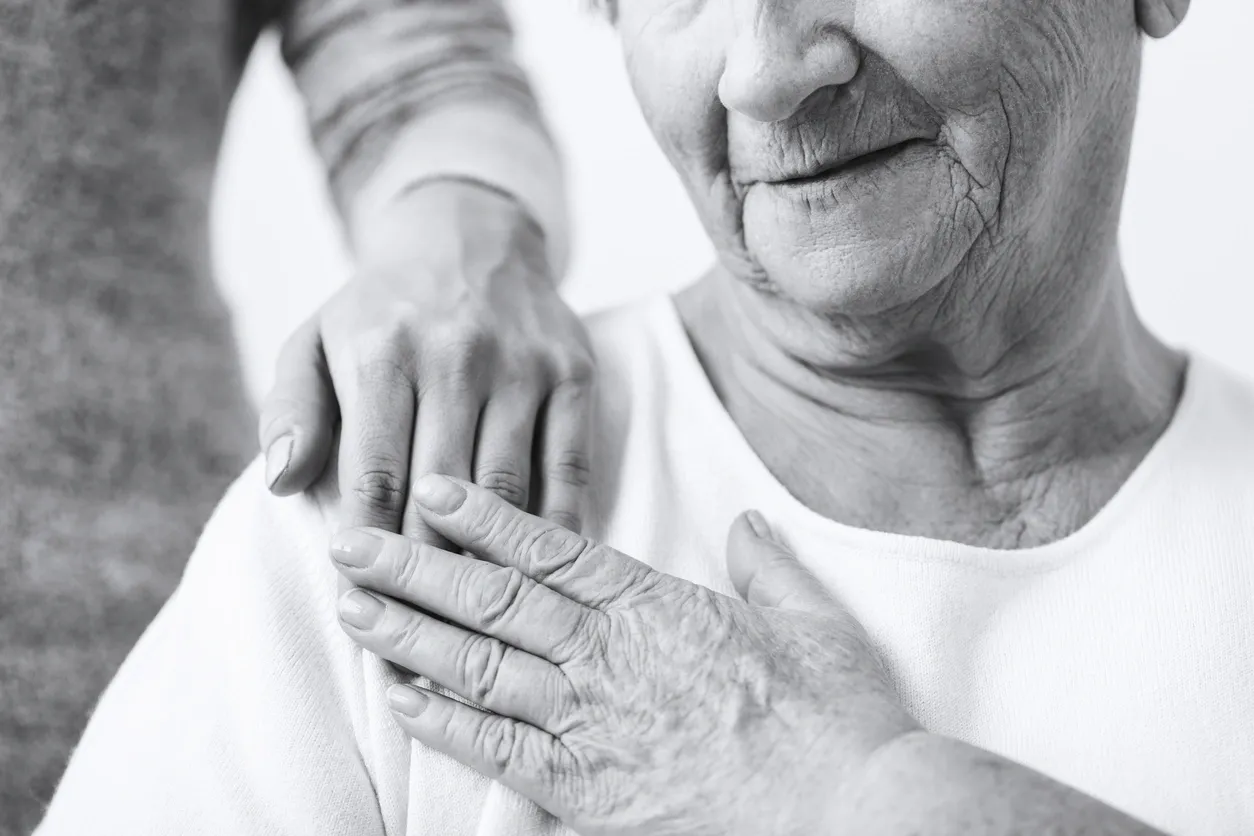
How Companion Caregivers Engage Seniors and Reduce Isolation
November 13th, 2020aging in place, Alzheimer's Care, Caregiver Employment, Caregiver job, Caregiver Service, Companion Caregiver, Dementia Care, Elderly Care, Fall Activities for Seniors, Hire CNA, Hire HHA, Hire PCA, Home Healthcare, House Cleaning, In Home Care, Janitorial Service, Long Term Care, Office Cleaning, Outdoor Activities for Seniors, Polish Care Services, Retirement Plans for Seniors, Senior Care Services, Spring Activities, Summer Activities for Seniors, Uncategorized,
Caring for Seniors: How Companion Caregivers Engage Seniors and Reduce Isolation
Seniors are prone to isolation. But the ongoing pandemic has increased the possibility of seniors becoming isolated even more. One way to reduce isolation is to connect seniors with a companion. Here is an overview of how seniors can benefit from companionship and increased engagement from companion caregivers.
What Companion Caregivers Do
The main thing that companion caregivers do for seniors is to socialize with them. They provide in home senior care on set days of the week, giving their clients something to look forward to during the week. Companion caregivers can assist seniors with household tasks like paying bills, caring for pets, and preparing meals, assist with transportation, and provide medication reminders. But it is the social aspect of their job that cannot be understated.
Companion caregivers provide a connection to the outside world, and for seniors who have difficulty leaving their house due to physical limitations or conditions like Alzheimer’s and dementia, this is important.
Making Connections and Engaging
Companion caregivers help connect with seniors by engaging them in activities like taking walks together, reading together, playing games, and simply having conversations about life and family. Studies conducted in recent years have shown that taking the time to do these things matters. Care workers at nursing homes in the United Kingdom were given care champion training to help them engage residents with dementia in conversation for at least one hour a week. The care workers were given prompts and cues to help elicit conversation.
Over time, researchers found that the seniors who participated in the study had a better quality of life and were less agitated compared to using medication to reduce it. Other studies have found that creating individualized care plans and teaching seniors with Alzheimer’s and dementia how to do certain tasks saw their activities of daily living go up.
Benefits of Staying Active
Engaging with seniors by using conversations and activities has shown that seniors live longer and improve memory and executive function. Companion caregivers can also provide long term care and emotional support that connecting with family and friends would normally bring and make them feel joy.
If you’re searching for a companion caregiver for your elderly loved one, reach out to Polish Care Services. We’ll match a companion caregiver to a senior that meets their needs. Reach out to us today.

Caring for Seniors: Caring for Seniors During Changing Seasons
September 7th, 2020aging in place, Alzheimer's Care, Caregiver Service, Companion Caregiver, Companion Senior Care, Home Care, In Home Care, Preparing for the Holiday, Retirement Plans for Seniors, Senior Care Services, Senior Living, Senior Services, Seniors, Summer Activities for Seniors, Uncategorized,
As we head into another time of the year, start thinking about long term care for seniors at home during each season. Every time of the year has unique challenges for the elderly population. Keep reading to learn how to care for seniors during season change such as autumn, winter, spring, and summer.
Care During Autumn
Autumn is the season to prepare in-home care clients for the winter ahead. The flu season officially begins in October. So start asking your client’s family or nurse to arrange for a flu vaccine in September or early October. Go through the client’s over-the-counter medicines and get rid of any cold-related medication or supplies that have expired. Replace the expired supplies and stock up on other things like tissues, cough drops, and nose spray if applicable.
Fill the pantry with cans of healthy soups and find recipes for warm dishes that can be put in the crockpot for easy meals. Fix any drafty spots in the house.
Don’t forget to go through existing cold weather clothes and replace anything that’s no longer wearable. Make sure the client has enough socks, sweaters, warm pajamas, and blankets to keep them cozy.
Care During Winter
Winter is the coldest time of year and can present the most risk to seniors at home with increased fall risks and household risks. One of the most important steps to take is to prepare the home for winter. Caregivers should notify the client or their family of any potential hazards around the home such as a lack of fire extinguishers around the fireplace, stairs that present a fall hazard when wet, or carbon monoxide detectors in need of batteries.
Make up an emergency kit with a flashlight, warm blankets, a radio, backup batteries, water, and nonperishable food to last for several days in case in-home visits cannot be made. Install non-slip mats under rugs and in any room where the client may slip and fall. Keep shoes on mats inside the house to keep puddles from forming on the floor if they’re wet. Finally, keep areas well-lighted as it gets dark to prevent clients from falling over objects.
Care During Spring
Spring is a season of fresh starts and is a time for caregivers providing in-home senior care to reassess things in the home. Examples of this include making sure that the medication list for the client is current and has all prescribed medications as well as vitamins or supplements. Any expired or discontinued medications should put in a separate location until a family member or client’s home care nurse can look at them or disposed of if possible.
Evaluate the rooms used by the client for any repairs or improvements to be made. Consider installing grab bars and non-slip mats in the bathroom, putting appliances and dishes within easy reach in the kitchen, and installing a nightlight in the bedroom. Move clothes and grooming items within reach for the client to use and make sure they can reach the phone or medic-alert devices from the bed.
Lastly, secure cords out of the way and get rid of clutter in the home that presents an ambulation hazard.
Care During Summer
When the weather begins to heat up, seniors face new challenges. Heat can put added stress and pressure on the elderly. It’s best to keep them cool and indoors. Avoid any strenuous activities. If the client wants to do a physical activity like take a walk, it’s best to do it early in the morning while it’s still cool. Keep them hydrated throughout the day with water and avoid drinks with alcohol or caffeine in it. Encourage wearing light layers and keep the home cool by running a fan or using solar curtains.
Prepare meals that are light and healthy like salads and avoid heavy meals. Stock up on popsicles or other frozen items that help keep clients hydrated and cool. Offer a cool shower or bath to help beat the heat and use a cool washcloth on the back of the neck when sitting to help alleviate feeling hot.
If the client wants to go out, go to places with air conditioning like a library, coffee shop, or mall.
Every season has its care benefits and care challenges. The most important thing to remember is to prepare in advance. The more prepared a caregiver is for each season, the less stressful it will be for the senior. If you’re looking for a thoughtful and prepared caregiver, contact Polish Care Services. Our staff will be happy to match our caregivers to your loved ones.
